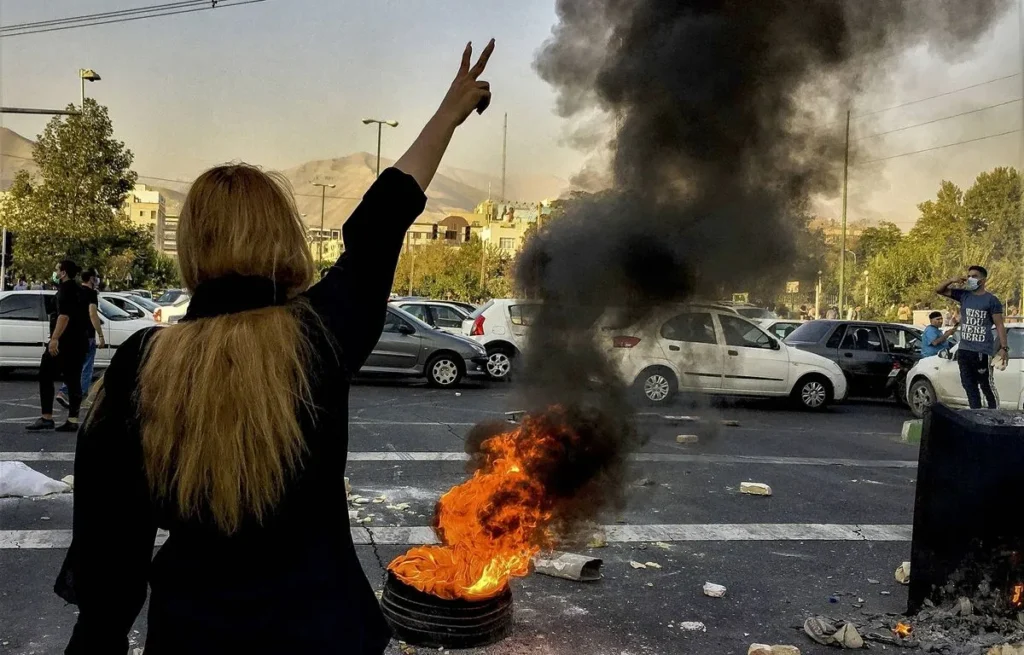Ebrahim Raisi, the president of the Islamic Republic of Iran, died. After the confiscation of power by the reactionary and theocratic forces after the 1979 Iranian revolution, Ebrahim Raisi became the executioner of the people by assuming responsibility in the new Islamic judicial system.
At the end of the Iran-Iraq war in 1988, the regime, fearing the resurgence of popular movements, decided preventively to eliminate the opposition. A commission called ‘death committee’, composed of a religious judge, a prosecutor and an intelligence official, toured the prisons. The trial lasted only a few minutes: prisoners who refused to collaborate were immediately executed.
Ebrahim Raïssi was a member of these commissions as deputy prosecutor of Tehran. The commissions of the Evin and Gohardasht prisons in Tehran executed thousands of political prisoners, young people from 13 years old, pregnant women, men or old people, nearly 3,800 people were executed the first night. In just a few months, 30,000 political prisoners were murdered, mostly members of the People’s Mojahedin Organization of Iran, the Tudeh Party (pro-Soviet) and the Organization of Iranian People’s Fedai Guerrillas « Majority », both parties which had initially supported the Islamist regime by analyzing it as “national and anti-imperialist”. Prisoners of the OIPFG “Minority” (opposed the Islamic Republic from the beginning) and two major organizations of the Iranian Kurds: the Komala (communist) and the PDKI (nationalist) were also massacred.
His role in this massacre made Ebrahim Raisi to be known as the « Butcher of Evin » and since he had become the head of Iran’s judiciary before reaching the presidency, he had a deep and successful relationship with the armed forces of the regime.
A few months after he became president, in an election in which a large majority of the Iranian people refused to participate, the religious morality police of Iran’s government under his command arrested and killed a young Kurdish woman named Mahsa Amini, for allegedly not wearing the hijab in accordance with regime’s patriarchal rules. The demonstrations were then brutally suppressed: 537 demonstrators were killed, including 48 women and 68 children. During this period, 309 people were executed. Tens of thousands of people were cruelly brutalized by the repression forces, and thousands were imprisoned in prisons where rape and torture prevail. During his presidency, the Arab, Kurdish and Baloch minorities were persecuted and their representatives were arrested, imprisoned, tortured and hanged.
The conflict of interests between US imperialism and the theocratic regime of Iran makes this regime oppose the US and at the same time arm the resistance movements in Palestine or Yemen. We say without irony: it is good for them. But to consider Ebrahim Raisi « the butcher of Evin » as « anti-imperialist » on this basis, is an insult to the heroic struggles of the oppressed people of Iran. Anti-imperialism means first of all being on the side of people against their oppressors. It means supporting the resistance of Iranian women, workers, and students against the theocratic, bloodthirsty and reactionary regime.
Long live the struggle of the peoples of Iran!
Jin Jiyan Azadi!
Classe contre classe
Brussels, May 31, 2024
